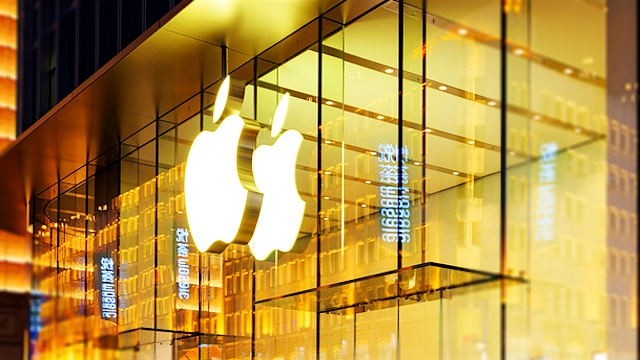

In a stunning turn of events, a ruling in the high-profile Apple vs. Epic Games case has placed significant pressure on Apple, determining that the tech giant willfully violated a previous court injunction. The judgment has ignited discussions about Apple’s transparency and management of its App Store profits.
The crux of the controversy revolved around Apple’s assertion that it lacked knowledge of the App Store’s profitability. Industry insider Mark Gurman remarked on this statement, labeling it as “egregious.” “How can a company known for its meticulous financial oversight not know the earnings of a major business unit?” Gurman questioned, citing the implausibility of Apple not closely tracking this critical revenue stream.
The judge’s commentary during the ruling only exacerbated the situation, stating that Apple had previously misrepresented facts in court. As Apple braces for an appeal, the stakes have never been higher for the company, which risks not only its reputation but also its long-standing practices regarding in-app payment structures.

Image credit — PhoneArena
This ruling has far-reaching implications beyond Apple. It centers on how the company charges developers for transactions made outside its App Store, a contentious issue that has placed many developers at a disadvantage. While competitors like Google Play Store also impose fees on external payments, Apple’s tightly controlled ecosystem—restricting users from acquiring apps from non-Apple sources—has drawn the most scrutiny.
The European Union’s Digital Markets Act (DMA) has recently pushed Apple to allow app sideloading, raising questions about whether U.S. regulations will follow suit.
As this legal drama unfolds, many observers believe that the court’s decision favors the broader tech ecosystem, setting a precedent for fairer business practices. Apple’s non-compliance with the initial injunction might lead to further investigations into potential criminal contempt. This pivotal moment could reshape not only Apple’s approach to app monetization but also influence consumer trends and developer strategies across the retail tech landscape.
In summary, as Apple prepares to challenge the ruling, this case underscores the ongoing battle between tech giants and regulatory bodies, potentially ushering in a new era of transparency in the retail sector.